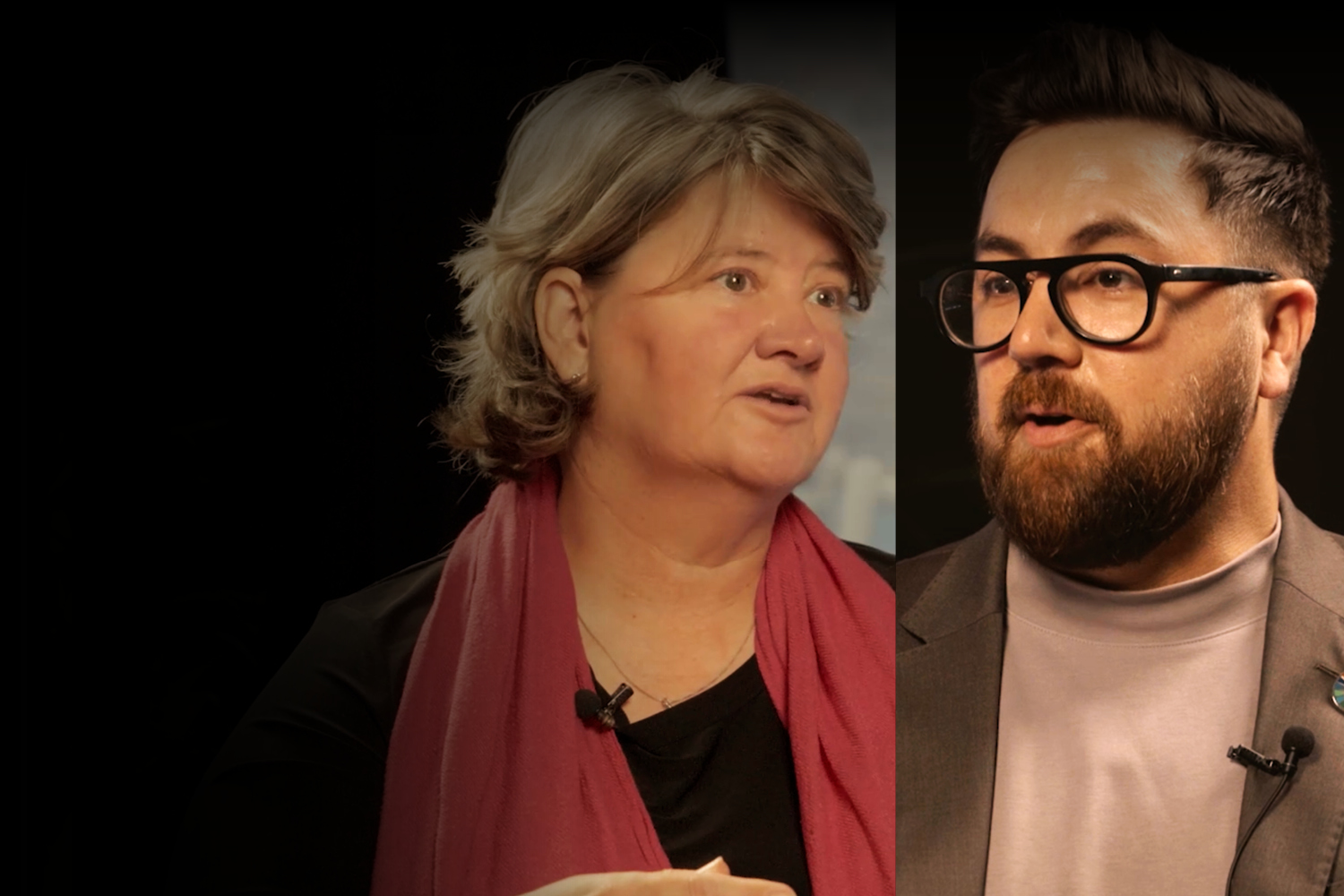The evolution of impact investing will see ESG considerations align with growth and improved investment returns.
Investment managers and analysts who focus on long term operational business risks, and select stocks based on those considerations, will by default be creating environmental, social and corporate governance (ESG) portfolios and will record overperformance over time, fund managers told an Amplify Investment Partners webinar.
Lara Dalmeyer, Portfolio Manager at Abax Investments, which manages the Amplify SCI* Flexible Equity Fund, said that an assessment of the long term operational business risks of a company requires investors to ask if that company can generate growth because it: has a long term sustainable business model; is sensitive or aware of the environment in which it operates; and whether it is accountable to stakeholders and has appropriate corporate governance and quality management in place to actually deliver this growth.
Abax incorporates ESG considerations into its bottom-up fundamental view of a company, although ESG is a particularly complicated topic because the investment universe in South Africa is so small. “If you exclude any company with a black mark against it, you won’t have much left,” she says. “ESG is also difficult because there are so many different opinions on what the important considerations should be. Some focus on whether companies’ activities are good or bad for the environment, or whether they are involved in sectors such as gambling, smoking, alcohol or microlending. Others consider social and governance issues as important, including corporate governance and executive compensation. Ultimately, making decisions based on any of these criteria could be counter-productive. “You can divest for a greener portfolio, but you can’t divest your way to a greener world,” Dalmeyer said. It is, therefore, up to investors to be proactive. It is up to investors to monitor companies, take note of how they are managed, have active engagements with them, set targets and monitor these targets, and withdraw or not allocate capital if companies are not doing enough.
ESG considerations can create complex investment challenges, according to Erik Nel, Chief Investment Officer of Terebinth Capital, which manages the Amplify SCI* Strategic Income Fund. “When we consider socially responsible investment, impact investment or ESG, we consider upstream and downstream. We make decisions on treating customers fairly and fiduciary perspectives where we have regulated criteria we have to meet, but downstream there are also many considerations we need to take into account – effects inhouse and into the rest of economy.”
Ultimately, he said that consideration of the governance impact of decisions in any business should result in the growth of that business.
Nersan Naidoo, Chief Executive of Sanlam Investments, said analysts have always looked at the long-term operational risks of companies, so ESG is not new, but it has evolved. Businesses traditionally ran corporate social investment (CSI) alongside what they did day-to-day. “We hear less now about CSI described in that way. Companies are driven by their core purpose and the impact they make,” he said.
While ESG was synonymous with “do no harm”, it has evolved and is now associated with how companies can make a positive impact – how to bring unemployment down rather than stop the growth in unemployment, or how to increase rhino populations rather than just not poaching. UN Sustainable Development Goals provide 17 measurable goals for sustainable work and set ambitious targets. “This helps us to calibrate and align our thinking with what we need to do as a community and in our case, as the asset management industry, financial services providers, financial advisers and clients, what do we need to do to achieve those goals,” Naidoo said.
Amplify supports conservation initiatives that focus on protecting and saving wildlife and uplifting the communities living alongside these conservation areas. It provides financial support to rhino conservation and the growth of the rhino population through a donation of a percentage of profit to The Rhino Trust, and it has partnered with the Good Work Foundation to provide young people in rural and marginalised communities with practical skills in hospitality, IT and general management to boost their employability. All of Amplify’s underlying managers subscribe to ESG principles and screen investments as such.
Abax supports various initiatives, from early learning development to The Cape Leopard Trust and to rare bird research, while Terebinth supports Partners for Possibility which focuses on supporting and strengthening management of these kinds of organisations. Among Sanlam Investments’ recent ESG developments are its launch of two climate funds focusing on infrastructure development in Africa, including a renewable energy fund in emerging markets, and one focusing on sustainable ecosystems in oceans, and the water cycle more generally, which is currently raising funds. It also set up the Investors’ Legacy Range which is made up of three impact funds which share the common goal of backing companies negatively affected by COVID-19, but have a strong likelihood of producing sustainable cash flows after the pandemic should they receive the required financial support.
Nel believes ESG provides unique investment opportunities, saying there is “a huge opportunity” for South Africa, as an investment destination, to change direction and become investible in terms of governance and social impact.
The pandemic has forced everyone to reconsider what they value, and ESG and impact investing enable investors to get more than just financial returns, according to Marthinus van der Nest, head of Amplify.
Amplify believes strongly in “intelligent impact” which includes making sure that a stringent ESG process is followed by the managers of Amplify funds ensuring sustainable industry- leading returns and allocating a portion of its profits to projects that have a measurable impact.
Click here to watch the webinar











